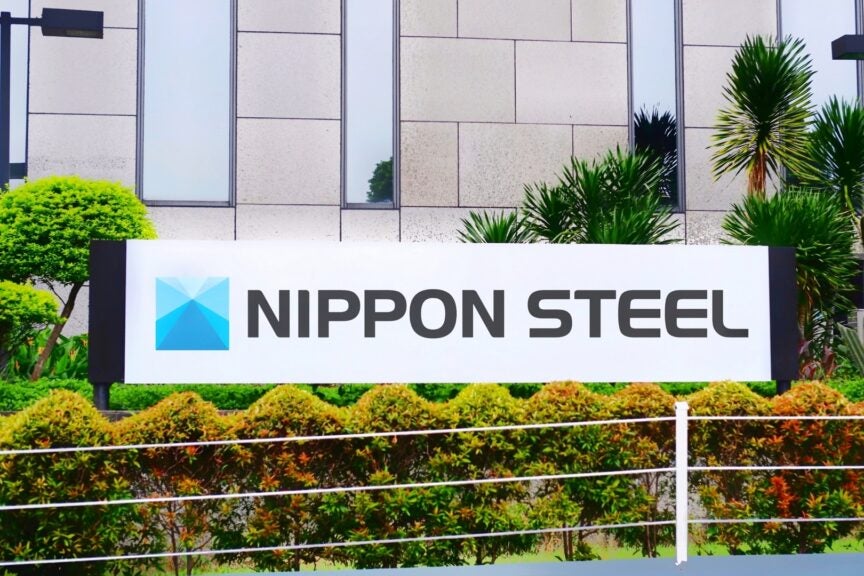Strategic Steel Acquisition: A Closer Look
The United States government is taking a decisive stance in the proposed $14.9 billion acquisition of United States Steel by Nippon Steel. This bold move aims to safeguard national security while reshaping the steel market landscape, according to industry experts like David McCormick. The implications of this strategic intervention could resonate far beyond corporate boardrooms, influencing both domestic production and international trade.
Understanding the Acquisition Landscape
The acquisition of United States Steel, a longstanding player in the U.S. steel industry, by Nippon Steel is not merely a corporate transaction; it’s a pivotal moment in the global steel market. While Nippon Steel aims to expand its footprint in the U.S., the U.S. government is concerned about the potential risks associated with foreign ownership of critical infrastructure.
National Security Concerns
National security is at the forefront of the government’s considerations. The steel industry is not just about manufacturing; it is integral to defense capabilities, infrastructure development, and economic independence. David McCormick, a prominent voice in the industry, highlights that “the control of steel production is essential for maintaining a robust defense posture.” This sentiment resonates deeply in a geopolitical climate where supply chain vulnerabilities have been exposed.
Economic Implications for the Steel Market
The proposed acquisition has significant economic implications that could reshape the steel market in the U.S. and globally. Analysts predict that if Nippon Steel gains control, it could lead to:
- Increased Competition: Foreign investment might drive innovation and efficiency, benefiting the U.S. market.
- Price Volatility: The transition may cause fluctuations in steel prices, affecting construction and manufacturing sectors.
- Job Market Dynamics: Potential shifts in employment patterns as operations are streamlined or restructured.
Experts are closely monitoring these factors, as they could have lasting impacts on both the economy and consumer prices.
Regulatory Framework and Government Intervention
The U.S. government is poised to intervene through regulatory frameworks designed to assess the implications of foreign acquisitions. The Committee on Foreign Investment in the United States (CFIUS) plays a crucial role in evaluating national security risks associated with foreign investments. Recent statements from government officials indicate a willingness to block or impose conditions on acquisitions deemed threatening.
A New Era of Strategic Control
The U.S. government’s proactive approach represents a shift towards strategic control over essential industries. This move aligns with broader trends of economic nationalism and protectionism that have gained traction in recent years. By exerting influence over acquisitions like Nippon’s bid for United States Steel, the government aims to foster a resilient industrial base capable of withstanding global economic shifts.
The Role of Industry Experts
Experts in the field argue that government intervention is necessary not only for safeguarding national interests but also for fostering a competitive domestic steel market. According to McCormick, “The future of steel is not just about profits; it’s about securing our economic sovereignty.” This perspective is increasingly relevant as nations compete for technological and industrial supremacy.
Future Projections: What Lies Ahead?
Looking ahead, the outcome of this acquisition will serve as a bellwether for future foreign investments in critical industries. Should the U.S. government successfully negotiate terms that align with national interests, it may set a precedent for similar interventions across other sectors. Conversely, a failure to impose adequate safeguards could embolden further foreign takeovers, leading to potential vulnerabilities.
Conclusion: The Path Forward
The $14.9 billion acquisition of United States Steel by Nippon Steel is more than a corporate merger; it represents a critical juncture in U.S. industrial policy. The government’s intervention reflects a commitment to protecting national security while navigating the complex landscape of global commerce. As stakeholders await the final decision, the implications of this acquisition will undoubtedly shape the future of the steel industry and beyond.
Call to Action: Stay informed about developments in the steel industry and the impacts of foreign investments on national security by subscribing to our newsletter for the latest updates and expert insights.
See more Business Focus Insider Team

